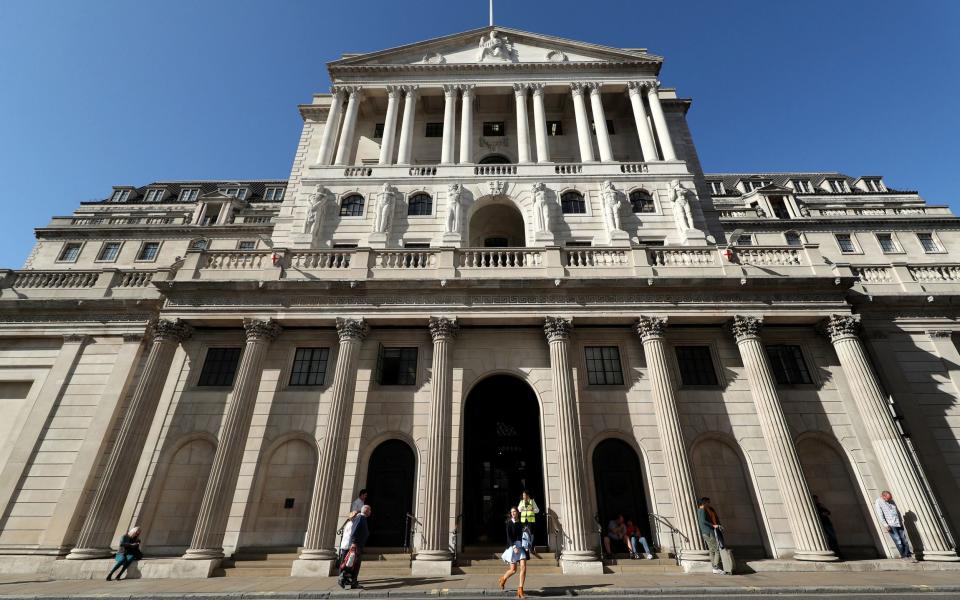Bank of England seeks to unlock cheaper mortgages with post-Brexit rule change

The Bank of England is poised to unlock cheaper mortgages for millions of households after pledging to use its post-Brexit freedoms to introduce a "more British style of rule-making".
Threadneedle Street is seeking to axe overly expensive and onerous rules that make it hard for small banks to offer cheap home loans, following a legal overhaul that gives the institution more power to set its own agenda.
The Government is abandoning the top-down approach to regulation that was beloved of Brussels where watchdogs were given a strict set of rules and ordered to follow them closely with no room for interpretation.
A law currently going through parliament will give the Bank far more power to make changes to the rules without new legislation for every detail.
The aim is to produce regulations designed by experts who are focused on making the markets work properly rather than following a political agenda.
Sam Woods, head of the Prudential Regulation Authority (PRA) - a part of the Bank which sets rules for the City - said in its annual business plans that the proposals "will enable us to adopt a more British style of rule-making, with less fine detail in legislation and more ability for us to maintain and develop a coherent and dynamic rulebook".
Mr Woods is expected to use these powers to reduce the amount of capital that small banks have to hold onto if they want to offer products such as mortgages.
He said: “We are already developing a simpler regime for smaller banks, which will be good both for safety and soundness and for competition – we call this ‘Strong and Simple’ because we have no interest in a weak regime."
If the planned reforms work, they could lead to a fall in the costs that challenger banks face when issuing mortgages, cutting prices and boosting competition to the benefit of house buyers.
Ian Gordon, an analyst at Investec, said: “Put simply, it is uneconomic for a challenger bank to operate in the standard vanilla mortgage market.
"The only markets where challenger banks or specialist banks can potentially make a sensible living is in higher-margin products, whether that be professional buy to let, or high loan to value, or lending to non-standard or self-employed [customers]. The current regime forces banks into niche or higher risk [products]."
Anne Boden, founder and chief executive of Starling Bank, said: “The PRA is taking the right steps to improve competition by simplifying the regime for small banks. However, Starling is no longer a very small bank and is unlikely to be able to take advantage of any of the concessions being offered.”
Meanwhile insurers could benefit from rule changes helping them make long-term sustainable investments, as well as reducing capital burdens faced by the industry.
Taking on the extra responsibilities will require the PRA to take on another 100 staff, contributing to the need to raise an extra £24m from banks and insurers, raising the fees charged by the regulator by 8pc to £320.9m this year

 Yahoo Finance
Yahoo Finance 